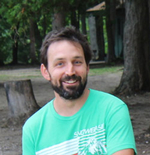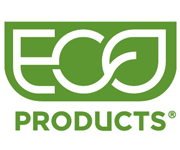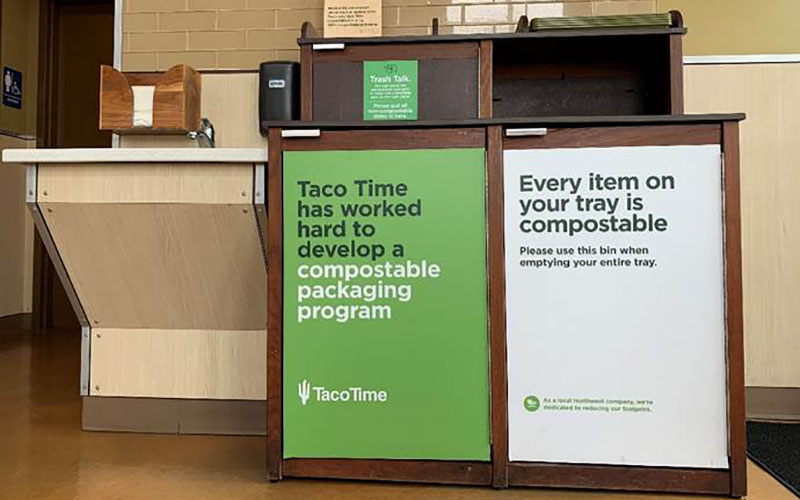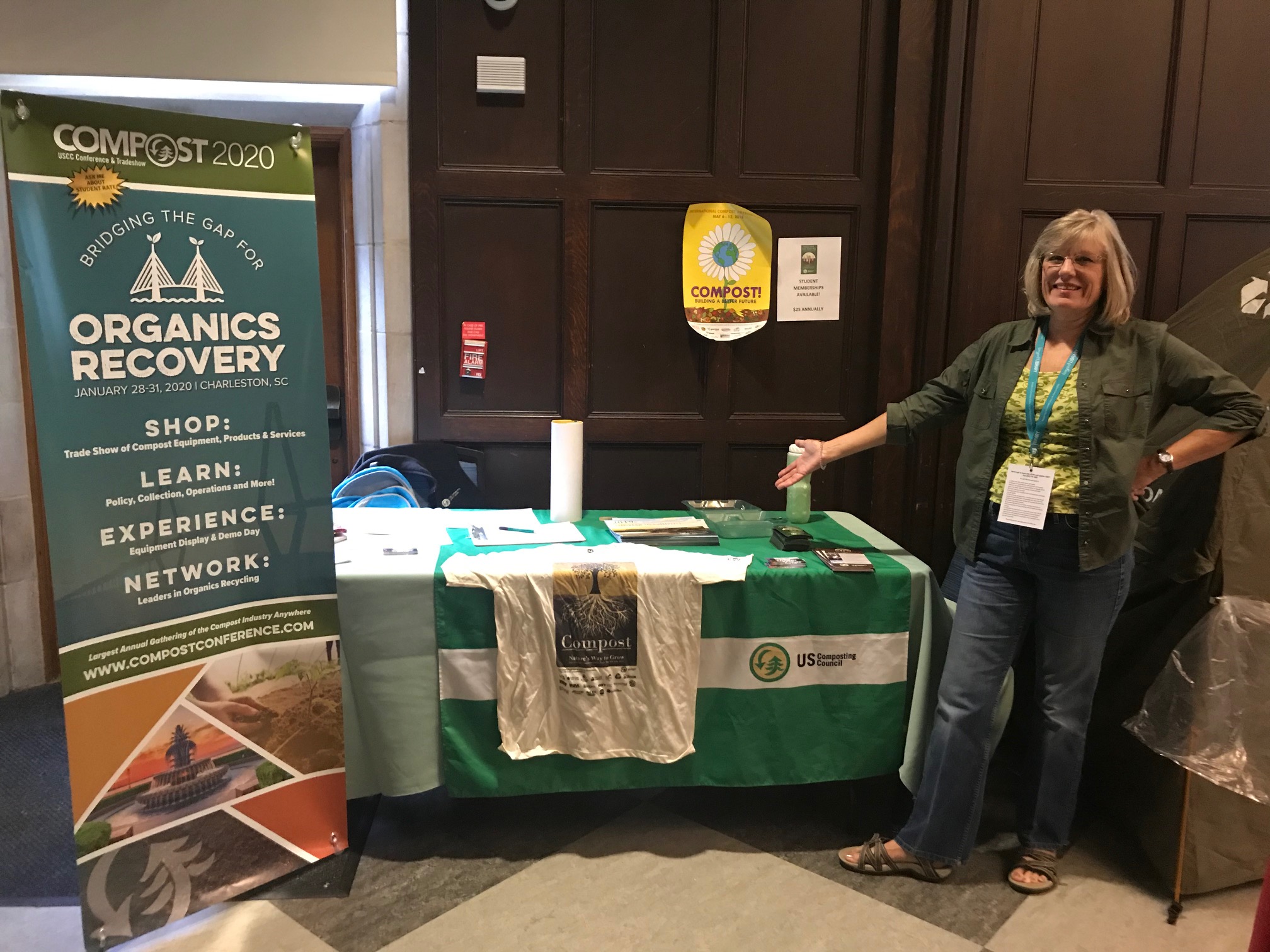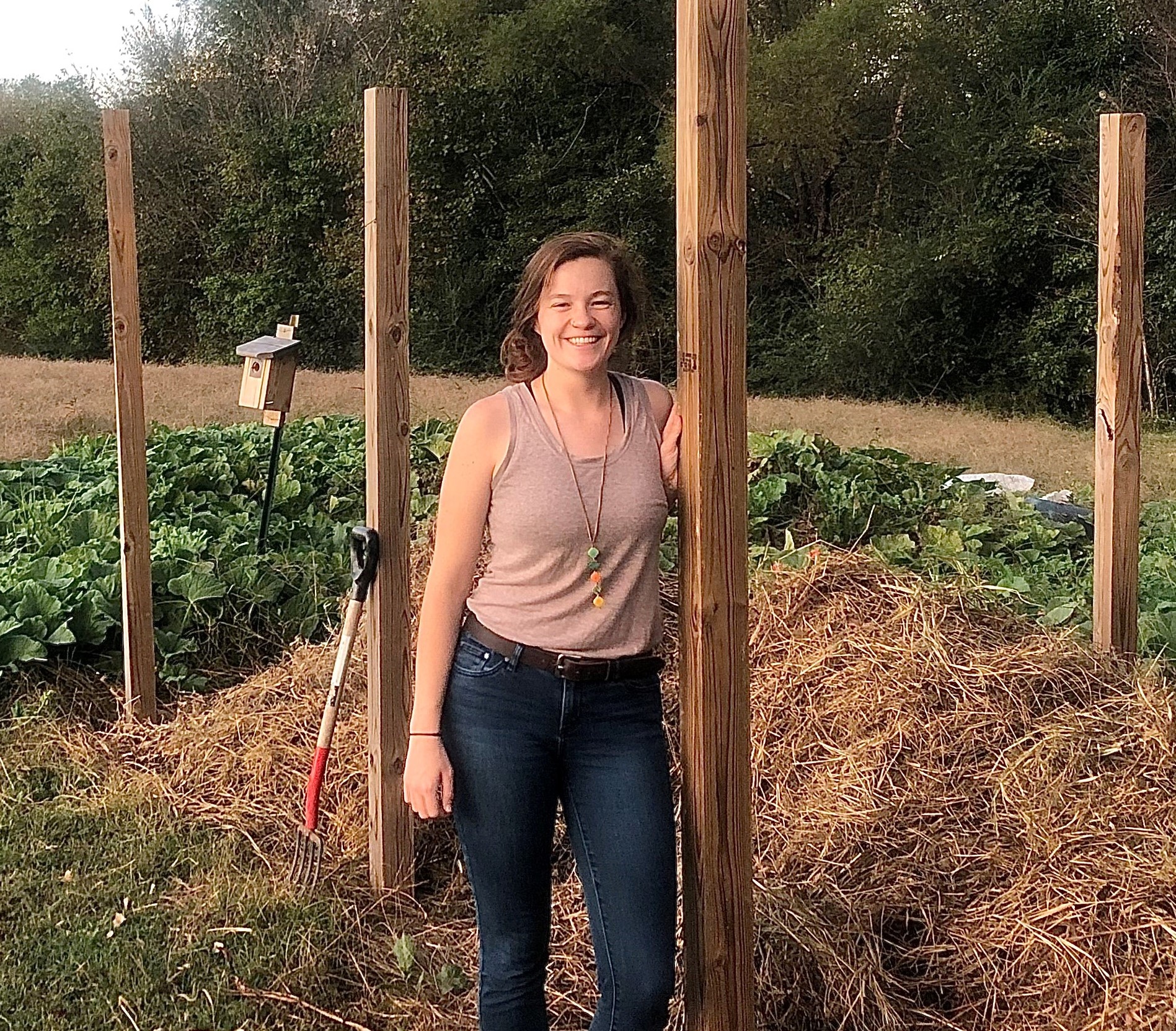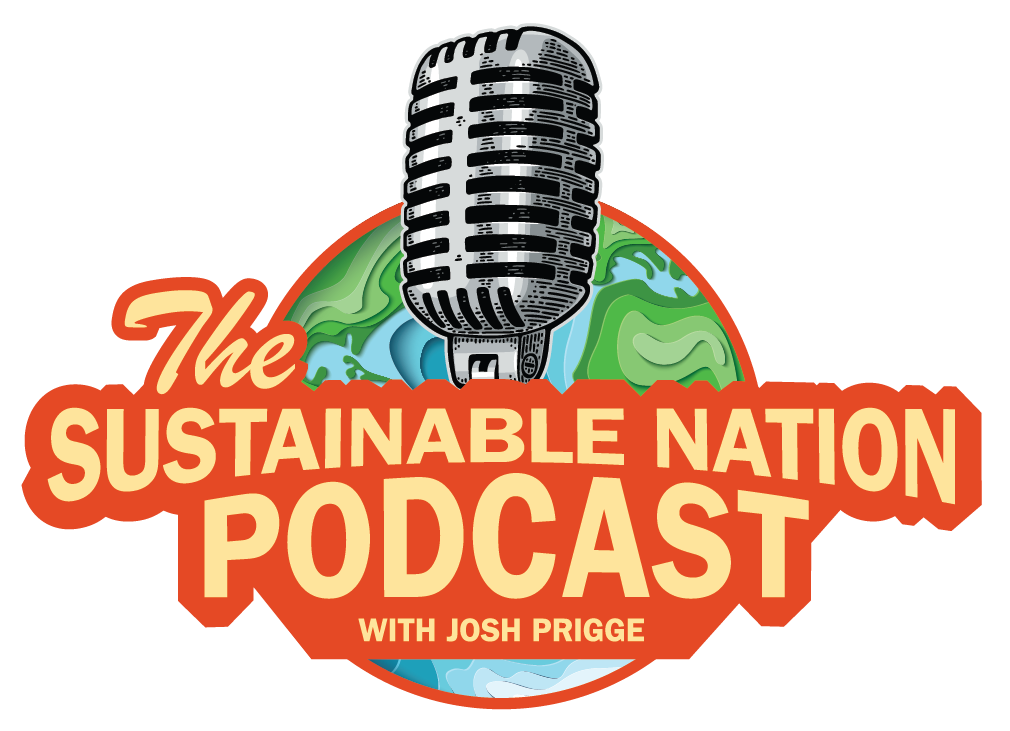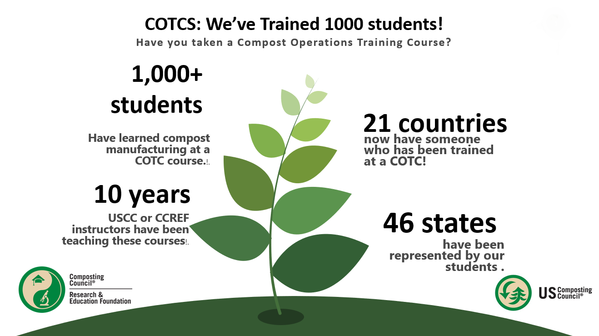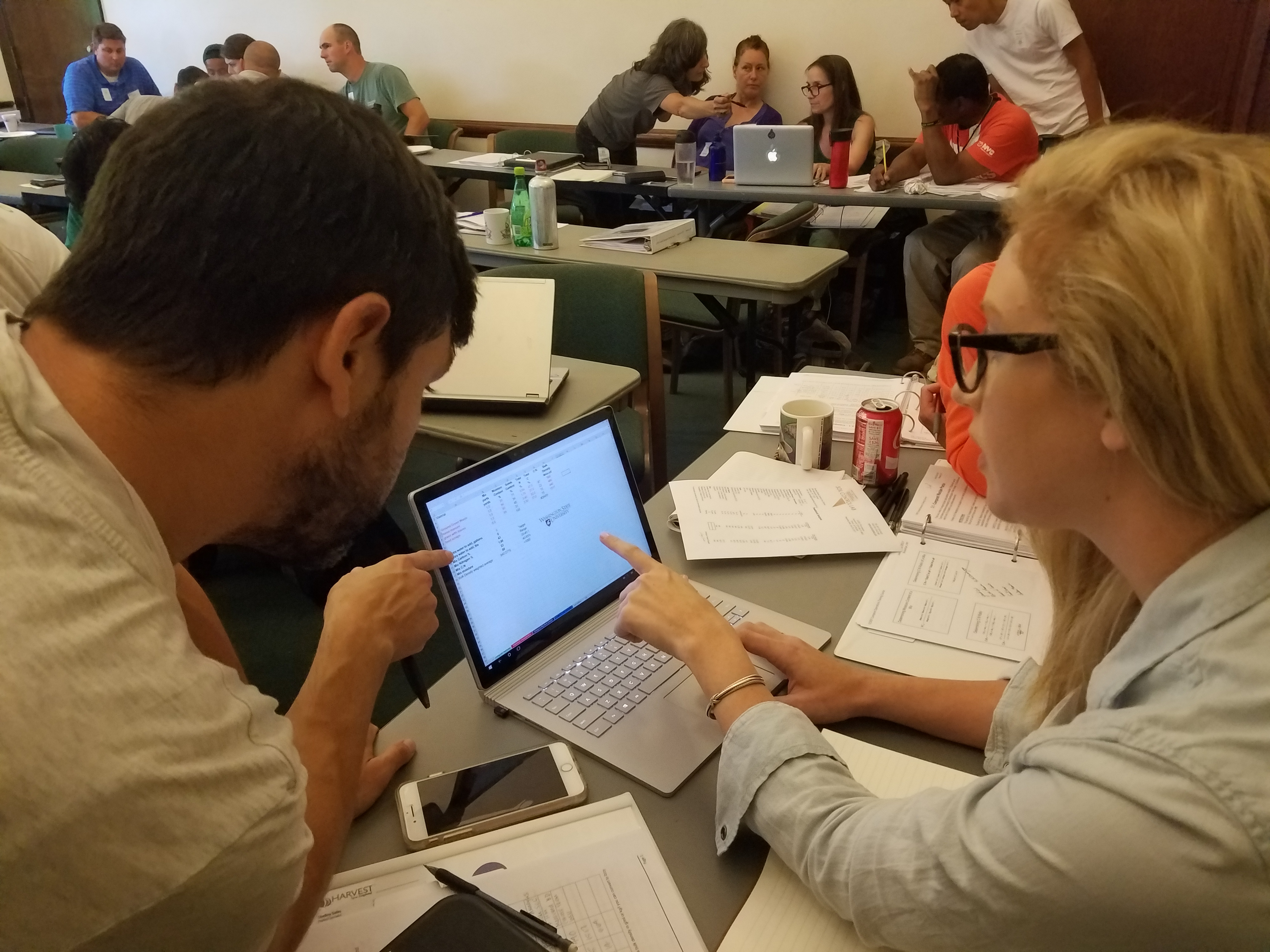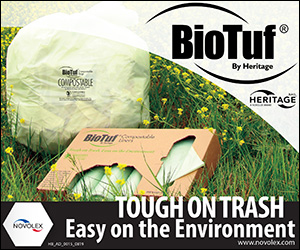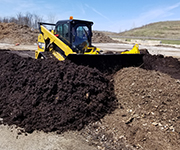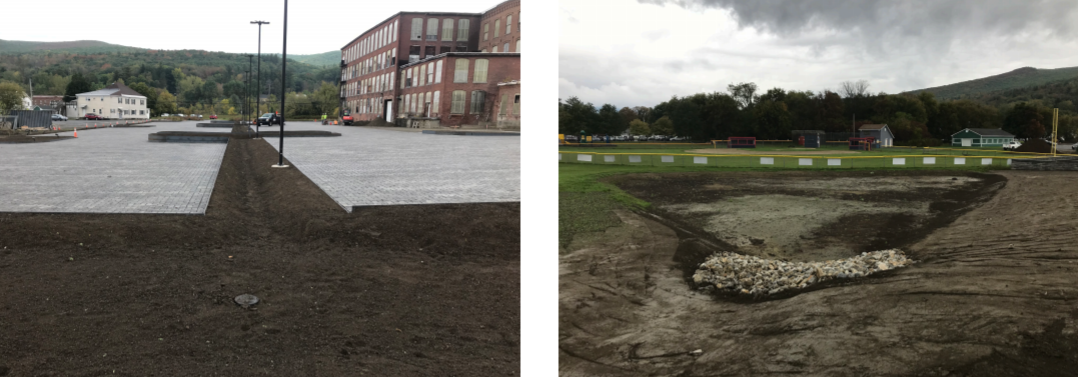 |
||||||||||||||||||||||||||||||||||||||||||||||||||||
| Past Issues | Subscribe | Send to a Friend | compostingcouncil.org | ||||||||||||||||||||||||||||||||||||||||||||||||||||
Check out our two latest posts on the Soilbuilder's Blog: Planning (and Partnering) for Compostability Wes Benson is franchise affairs and sustainability manager for Taco Time Northwest operating out of Renton, WA. The organic material Taco Time rescues from the landfill created over 37,000 bags of compost in 2017, or over 37 truckloads. Sizing Your Commercial Composting Needs Ryan Cooper of Rubicon Global discusses how generators of food scrap and organic materials should size their programs. Check out the Soilbuilder's Blog here!
Telling undergraduates about USCC”s student membership and new student rate for the upcoming COMPOST2020 was the mission of attending the Post-Landfill Action Network’s annual conference in Philadelphia, PA, in October. Communications & Membership Director Linda Norris-Waldt represented the organization.
Meet Megan Hester, USCC’s new administrative assistant, who comes to us with fresh experience working for a community composter, as well as time furthering the composting movement at her alma mater, NC State University, and in 2018 as USCC's summer intern. These experiences have grown her appreciation for composting and the positive effects it has on mitigating climate change and improving soil health. “I look forward to bringing my previous work experience and skills to the USCC to further their work and support the stakeholders,” Megan says.
Sustridge’s Sustainable Nation Podcast director Josh Prigge spent a half hour talking with USCC Executive Director Frank Franciosi about the issues, the popularity and the challenges faced by the U.S. composting industry. Hear about the update of the model rules template, Target Organics, regenerative agriculture, federal needs for funding vermicomposting and why, yes, compost doesn’t stink! Take a listen here! It was very exciting this fall when we realized at the Composting Council Research and Education Foundation (CCREF) that we had passed our 1,000th Compost Operations Training Course (COTC) student. It’s amazing to realize how many participants from across the country (46 states) and from around the world (21 countries) have invested the time and money to expand their skills and knowledge on running the best compost manufacturing facility they can.
The Strategic Alliance Committee of the USCC is looking for new people to join our committee. The committee creates processes and templates to support all of the USCC committees in reaching out to formalize new strategic partnerships with those that share the Council’s values and purpose. The committee works to help USCC committees identify where potential overlaps exist between committees and increase collaboration. If this sounds like something you'd like to contribute your time to supporting, please contact Hilary Nichols at hnichols@compostingcouncil.org.
In the city of Durham, North Carolina, roughly 30% of the garbage residents throw away is compostable. Two-thirds of that is food scraps (the rest comes from paper products). The problem: Like most municipalities, the city doesn’t offer a residential composting program. And not everyone has the space or desire to build their own slightly stinky backyard bins.
Arguments against imposing organic waste rules on more city businesses are all rotten, New York Mayor Bill de Blasio's sanitation czar said on Tuesday. New York City Sanitation Commissioner Kathryn Garcia dismissed private sector concerns about the city's plans to expand its mandatory organic waste separation programs to smaller restaurants and stores.
Tensions ran high at a House Subcommittee on Environment hearing on Sept. 10 as U.S. lawmakers pressed major corporations about their alleged role in concealing the harmful health impacts of per- and polyfluoroalkyl substances (PFAS) from consumers and the U.S. Environmental Protection Agency (EPA) over the past five decades or so.
Greylock Works in North Adams, MA, is a mixed-use facility that used 1200 CY of material that was imported to the site as part of a project of planting and filter media for island planting strips and a bioretention basin. The development was adjacent to a large parking area where stormwater run-off, plant health and curb appeal were a concern to the project owners. Agresource developed four specialty soil blends that met challenging specifications, using a mix of sand, soil and compost at specified ratios.
The City of San Diego (CSD) was composting up to 100,000 tons of green waste material per year using turned windrow technology, but after a demonstration project, the city chose to change to Sustainable Generation’s SG Mobile™ System with GORE® Cover (covered aerated static pile). The project began in summer and will expand to 40,000 tons in 24 heaps, 18 covered, 100' x 26' x 12' each. Inland Empire Regional Composting Authority won the Excellence in Innovations and Resiliency Award from the California Association of Sanitation Agencies. The Composting Authority was recognized for its solar and battery project, which allows the facility to generate and store power onsite and then use the power when it’s most efficient. The composting facility is the largest fully enclosed facility in North America, processing over 200,000 tons of waste per year into STA compost not far from Los Angeles. “The facility generates power with nearly 10,000 solar panels on its roof, producing 2.5 megawatts of clean energy,” said Paul Hofer, IERCA board chairman. "The power is then stored in Tesla batteries until it’s needed." See the video here.
|
||||||||||||||||||||||||||||||||||||||||||||||||||||
